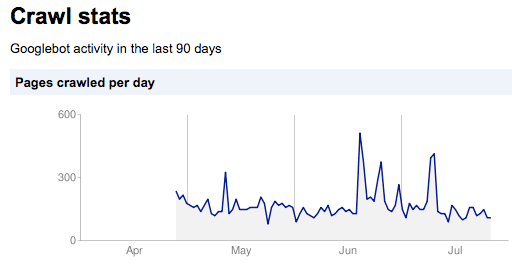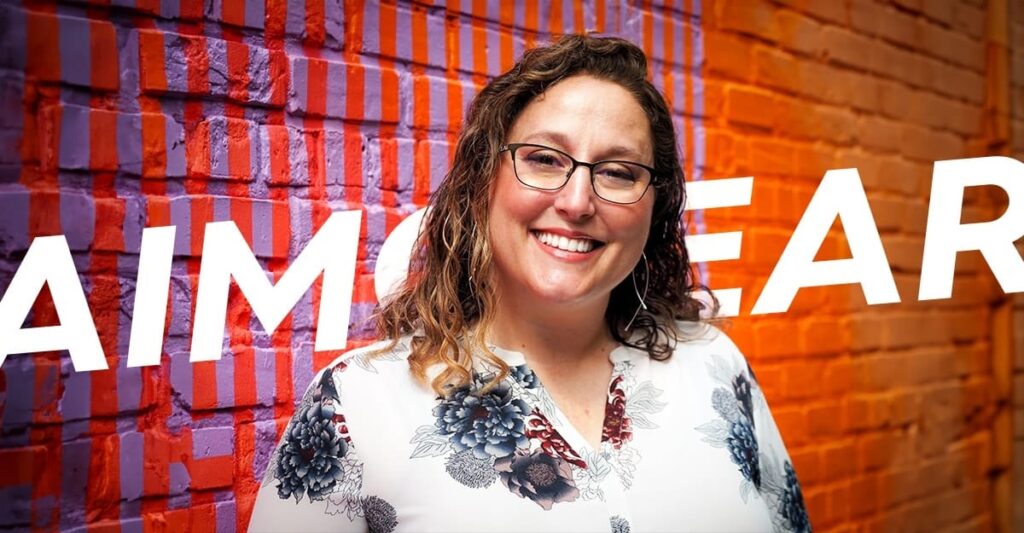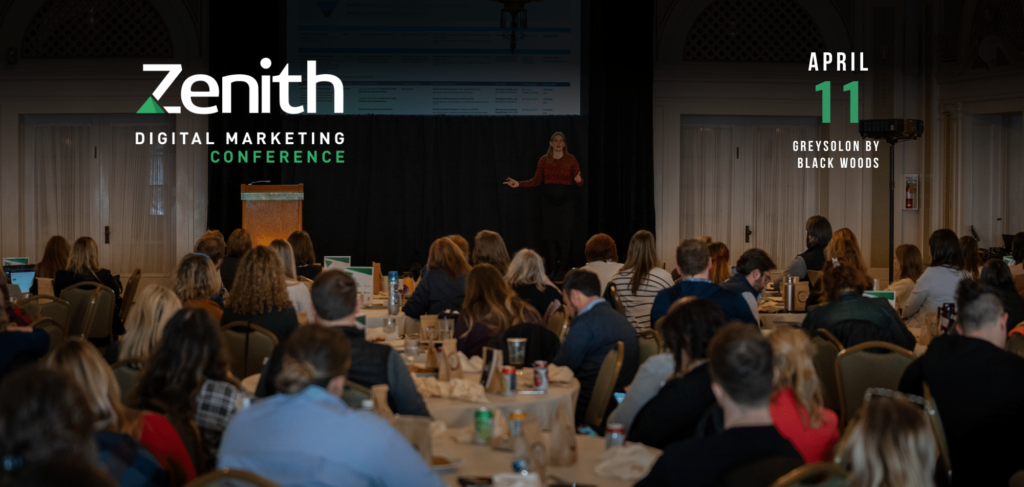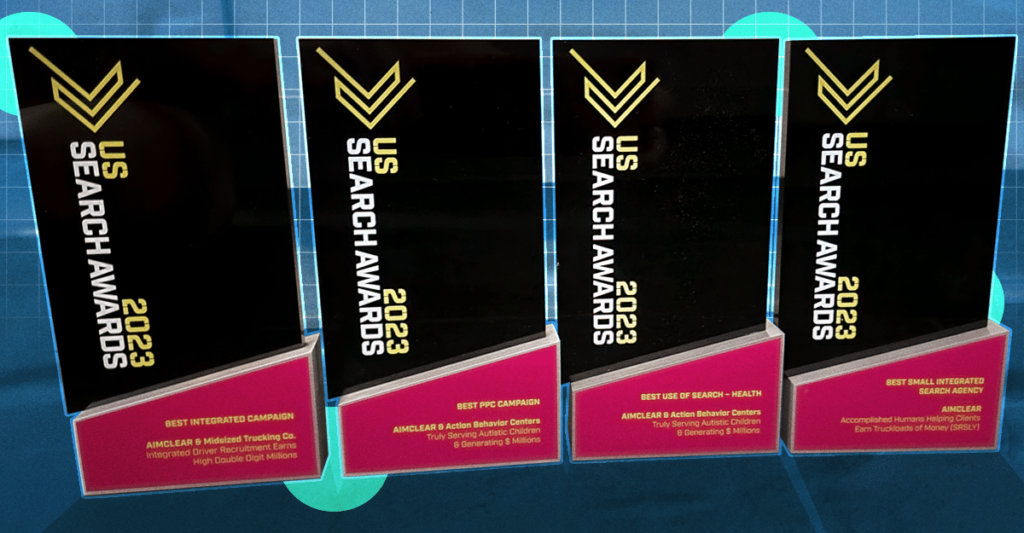Egregiously incompetent, cutthroat, reckless or outright dishonest? No matter how you slither it, the latest generation of predatory SEO creeps proffer blatantly false information camouflaged by pretty reports. Deceptively branded reports aside, buyer beware when the snakes come to call. Here’s some hard facts to dispel this week’s crap-ass haze of myths and misinformation. [Author’s Note: This post is not aimed at any specific SEO firm, rather the amalgamate of experiences we’ve had over many years.]
Background
The subject of our indignation today is an SEO “audit” one of our brand-clients received.
No worries. We don’t have any reason to be defensive, as our work has helped move the client’s website from a single PR2 property to (4) PR5 properties in a little over 18 months. I was invited to the conference call to receive a personal presentation of this audit, but could not make it. It’s probably better that I didn’t participate. We received a copy of of the “free SEO report card” a little later.
To Be Fair
There are some issues revealed in the audit, that any mechanized site-grader tool would catch. Life happens in the day to day evolution of a CMS as a result of new application development in between quarterly audits. However any good information in this business-grubbing ploy, is vastly obscured by dangerous hyperbole and lies.
Here’s just a few scary highlights as a warning for future report card recipients.
Free SEO Report Card writes: “Also know that only 1 page is indexed in Google and only 24 pages are indexed in Yahoo.” Fact: Oops! The site has hundreds of pages crawled and indexed by Google and Yahoo. So far as we’re concerned this egregious error tells everything that needs to be told about the quality of the reporting company’s work. Here’s a snapshot of Google WebmasterCentral’s crawl stats relating to Googlebot’s activity in the last 90 days.
Of course, Googlebot crawling the site does not mean that pages are indexed. We tested the site using the following SEO 101 pages-indexed queries (AIMCLEAR Blog substituted for client’s site): Google, Yahoo, Bing. Had the audit technician run these basic tests they would have seen that site-grader program misfiring. Bing, Yahoo and Google all show over 700+ pages indexed. Fail!
Speaking of the big crawl, Free SEO Report Card writes: “H1/Header Tags (The H1 text is a vital area for spiders (crawlers that “crawl” your page for information) to find vital information to improve your rankings.)”
Ooooh Noooo Mr. Bill! Fact: H1 tags are important for structure & usability, not for stuffing your “Hey Google, look at me!” keywords. At SMX Advanced last month (on a panel I was on) Rand Fishkin showed correlation data revealing H1, H2, H3 etc. tags are just a sliver of the important on-page features. “Vital for spiders?” FAIL! Better sign up for some training or at least read a bit more before you spew incorrect data from last year.
Let’s talk about W3C Validation. Free SEO Report Card writes: “Strong W3C validation: NO (58 errors and 10 warnings) Facts: Let’s begin with the report card-toting interactive company’s homepage. It’s got W3C CSS validation errors.
The good news is that while it’s optimal for site visitors, using interpretive devices, to have access to validated code, Search engines do not penalize (some say devalue) unless the site literally can’t be crawled, far from reality in this case.
Adam Lasnik of Google said “Rewarding validation & accessibility of documents would be a slippery slope.” Our client’s validation errors have no noticeable effect on usability or search engine performance. The site was coded for users and then search engine spiders, not for a web standards body. It happens to work in my BlackBerry too. The only reward you get for the time spent chasing these errors is a little W3C badge you can put on your site. Guess what? FAIL!
Free SEO Report Card reads: “Overall grade: D.” WTF! Advanced SEOs debate how to assess the progress and success of websites. Search engine algorithms are complex amalgamates of raw power distribution, trust and semantic clues.
What is the continuum of this grading scale? How are these criteria ranked, equalized and correlated to some f_ucked up grading scheme? You have not seen analytics, progress over time or WebMasterCentral. Heck, you don’t even know how to value the most basic SEO attributes. What the hell are you doing telling a company that their site has ANY grade.
The best is saved for last, perhaps the most irresponsible assertion of all. Free SEO Report Card writes:
Fact: Free SEO Report Card has no clue what keywords are targeted and the client’s objective for the site. Every word on an HTML page is technically a keyword. In this case the research that went into defending our client’s brand and products considered many sources including analytics, traditional KW research tools and social media chatter.
The keyword strategy resulted in hundreds of thousands of new visitors on keywords that were targeted. It’s an incredibly deceptive practice to flip out such damning rhetoric to get business. Shame on you.
Conclusion: Forwarned is Forarmed
Fact: This is not kindergarten Mr. SEO report card. This is a beloved national corporation’s online presence and livelihood. There are other marketing firms involved in its interactive products, which (though not perfect) we’re all plenty proud of. There were other silly assertions in the “audit,” but we don’t have time or inclination to address them all.
We take note that searching for your company and it’s visible personal results in a great big ZERO in the thought-leadership department. It’s easy to see why. The brag-sites you’ve posted on your online brochure look one step ahead of payday loan sites. Here’s our SEO report card for you. FAIL!












